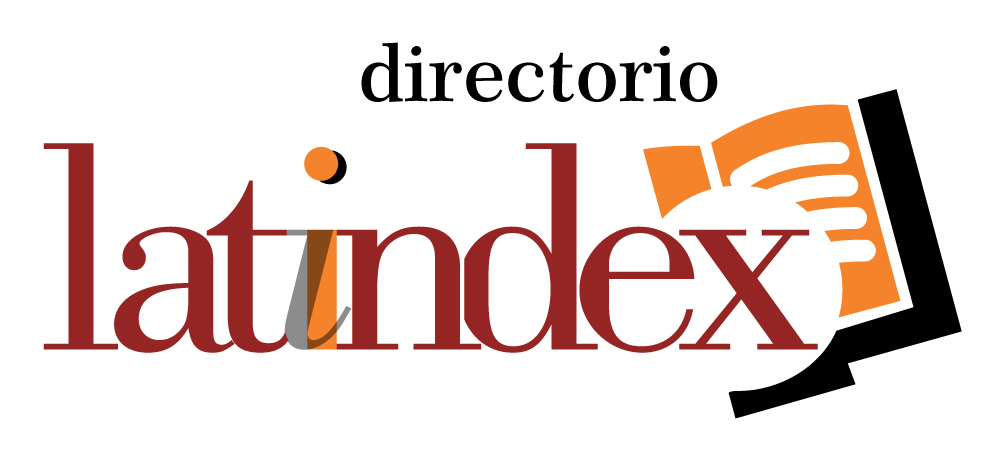The circadian control of eating
DOI:
https://doi.org/10.32870/jbf.v1i1.14Keywords:
circadian clock, chrononutrition, metabolismAbstract
Eating is a complex behavior that is primarily governed by energy homeostasis and modulated by hedonic cues. Eating is also structured in time, due to circadian clocks that control its daily rhythmicity. These circadian clocks are organized into a network of several oscillating structures, including a master clock in the suprachiasmatic nuclei of the hypothalamus and several secondary clocks in the brain and peripheral organs. The light-entrainable master clock is a conductor for the secondary clocks via neuroendocrine signals. In contrast to the master clock, most secondary clocks are sensitive to the synchronizing effect of meal time. Besides controlling the daily feeding/fasting cycle, several coupled secondary clocks in the brain defining a so-called “food clock” also adjust the timing of meal anticipation, a rhythmic behavior that mammals exhibit right before scheduled feeding time. There are reciprocal interactions between energy metabolism and circadian rhythmicity. On the one hand, metabolic alterations, like obesity and type 2 diabetes, are frequently associated with circadian disturbances. On the other hand, circadian disturbances have deleterious effects on metabolic health. Feeding cues, such as meal timing, nature of the diet and quantity of ingested food, are strongly involved in these circadian disturbances. For instance, eating many calories at the “wrong” phase of the living cycle (e.g., at night for humans or during daytime in nocturnal animals) has obesogenic consequences. Besides management of total energy intake and expenditure, experimental evidence is given to show that daily timing of calorie intake, duration of eating window, together with a long enough nocturnal fasting are newly identified actors of energy balance. Accordingly, new nutritional strategies should be developed based on personalized chrononutrition.
Downloads
Published
How to Cite
Issue
Section
License
This is an open-access article distributed under the terms of the Creative Commons Attribution License (CC BY). The use, distribution or reproduction is permitted, provided the original author(s) and the copyright owner(s) are credited and that the original publication in this journal is cited, in accordance with accepted academic practice. No use, distribution or reproduction is permitted which does not comply with these terms.






